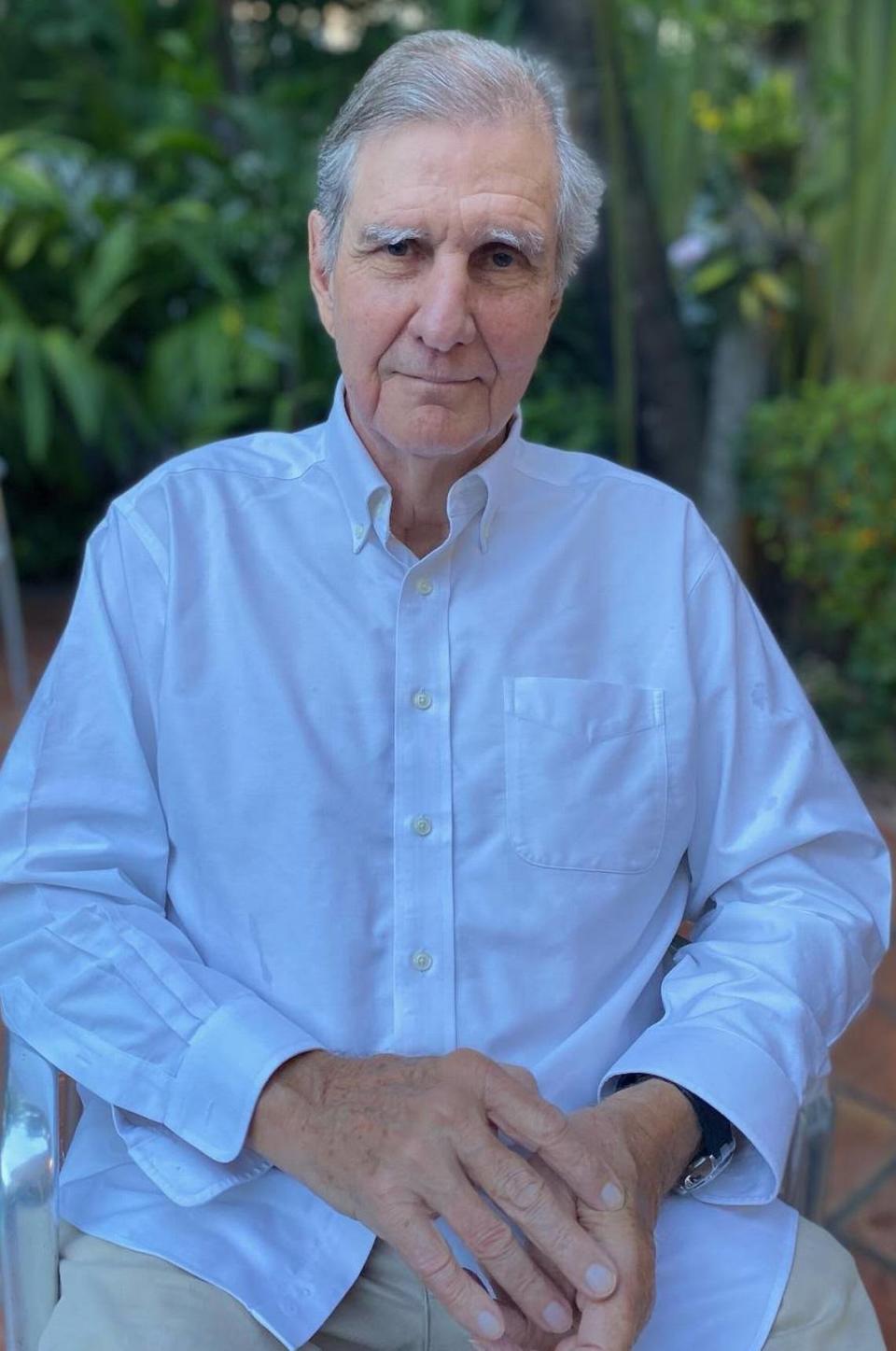In Miami, redistricting and voting are all about your quality of life. Make the most of them | Opinion
There’s a federal lawsuit forcing the Miami City Commission to redraw its recent map revising the boundaries of the city’s five voting districts. A lot of folks are wondering if it really matters which district they are in, or whether having Commissioner X instead of Commissioner Y will make the slightest difference to them and their families.
After all, don’t we all live in this city together and, anyway, it takes a vote of three out of five commissioner and — sometimes a supermajority of four — to change anything.
However, it does matter. Bad government leads to voter apathy and low turnout at elections, which lead to more bad government. By “bad” I mean elected representatives who are unresponsive to the will of the people because the majority of registered voters fail to vote. The representatives are beholden to the interests that financed their campaigns by targeting voters mainly on name recognition and negative ads attacking challengers.
Isn’t that the way it’s supposed to work? If you don’t vote, you can’t complain, right? But what if voter apathy is a predictable result of the way the system is currently set up? Who would want and then pay for such an undemocratic outcome? In Miami, it’s real-estate development interests, including architects, lawyers, banks, contractors and, most of all, big developers. And most of them would deny that they are doing anything bad; instead, just the opposite — they would say they are creating structures a growing city needs. The fact that they make a profit and use some of that profit to finance election campaigns is only common sense. Why shouldn’t they?
But it’s not that simple. Since those who put in the time and effort to seek office always want to be re-elected, developer money tips the scales of democracy that balance public good and private benefit. If, on balance, our representatives do good for the public as a whole, they indeed have earned re-election. It all depends on the definition of “good.” In a democracy, the voters are the ones who decide that, but only if they show up to vote. In Miami, unless it’s a national election, most don’t.
Finally, we come to redistricting and why it matters. Along with making sure minority voters, particularly African-American voters, have the ability to elect representatives of their choice — and not necessarily of their color — the Federal Voting Rights Act requires “communities of interest” to be considered, balanced and respected. That means neighborhoods — Miami has more than 30 — each with its own special character and shared interests.
When neighborhoods are kept together and united with other neighborhoods, they form the “communities of interest” the Voting Rights Act calls for. Neighbors talk with each other, then try to come to a consensus of what is good and bad for their neighborhood.
And, then, together they vote. Dividing neighborhoods stops consensus building and results in unresponsive representatives, because there are no other “communities of interest” they need to pay attention to other than the ones who financed their campaigns.
When neighborhoods are kept together, instead of divided, voters go to the polls and vote. Special interests like developers can still form PACs, spend their money and lobby, but their impact is diluted the more voters vote. Democracy then works as it should.
And that’s why you should care about redistricting and voter turnout.
Anthony R. Parrish Jr. is vice chair of the Miami Planning Zoning and Appeals Board. The views expressed in this op-ed are his own.


